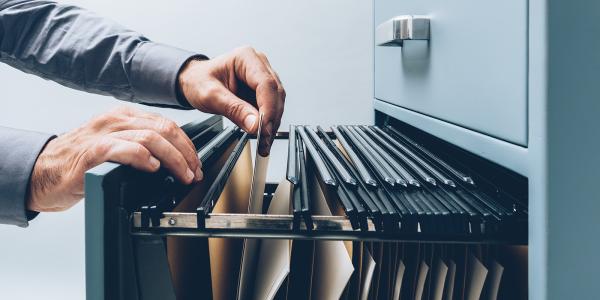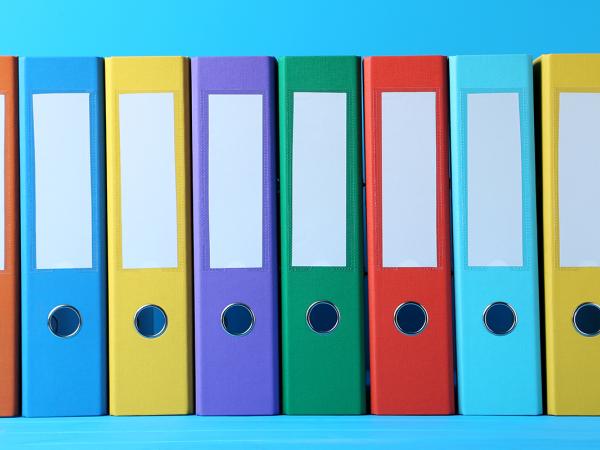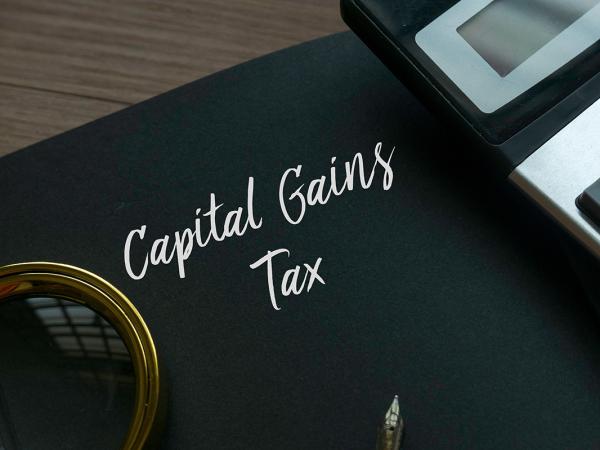Tax: keeping records
You must keep records to support the entries on your tax return.

Content on this page:
What records to keep
The records you need to keep will, broadly speaking, be the documents you have used to complete your tax return. This might include:
- details of self-employment income and expenses to work out your trading profit or loss for the year
- details of property income and expenses to work out your rental profit or loss for the year
- employment and pensions income information, including forms P60, P11D and P45 from any jobs you have had
- interest certificates from banks or building societies
- details of pension contributions – in particular, those made to relief at source schemes
- details of any chargeable capital gains made in the year
- records to support your residence and domicile status
- if you claim the remittance basis of taxation, records to support what you have (or have not) remitted to the UK
For self-employed and property income, you need to be able to show how you have worked out your profit. So, you need to keep things like:
- invoices (bills) for work you have done
- receipts for expenses paid
- bank statements
- statements from letting agents (or details of rental income for property if you do not use an agent)
- information showing how you have taken account of any private use of things used in the business (for example, mileage logs for a vehicle used both in the business and privately).
See also Business record-keeping and GOV.UK.
You can keep records on paper or digitally. If you are self-employed or a landlord, you should bear in mind that if you are in scope of HMRC’s Making Tax Digital programme you may be required to keep certain records digitally from either April 2026 or April 2027.
How long to keep records for
How long you need to keep records depends upon what types of income and gains you have.
Self-employed or landlord
The normal rule for the self-employed and those letting property is to keep business records for at least five years from the 31 January submission deadline. For example, records for the 2023/24 tax return should be kept until 31 January 2030.
In self assessment but not self-employed
If you submit your tax return on time, you should keep your records for at least 22 months after the end of the tax year. For example, you should keep records for your 2023/24 tax return until at least 31 January 2026.
If you submit your tax return late, you should keep your records for at least 15 months after you sent your tax return.
If HMRC ask you for your records
You do not have to send original documents to HMRC with your tax return, but if HMRC ask questions later, you might need them as back-up and to show you took reasonable care to get your return right. HMRC may ask to see some of your records when they check your return.
HMRC can charge you a penalty if your records are not complete and accurate.
More information
There is more information on record-keeping for self assessment on GOV.UK.



